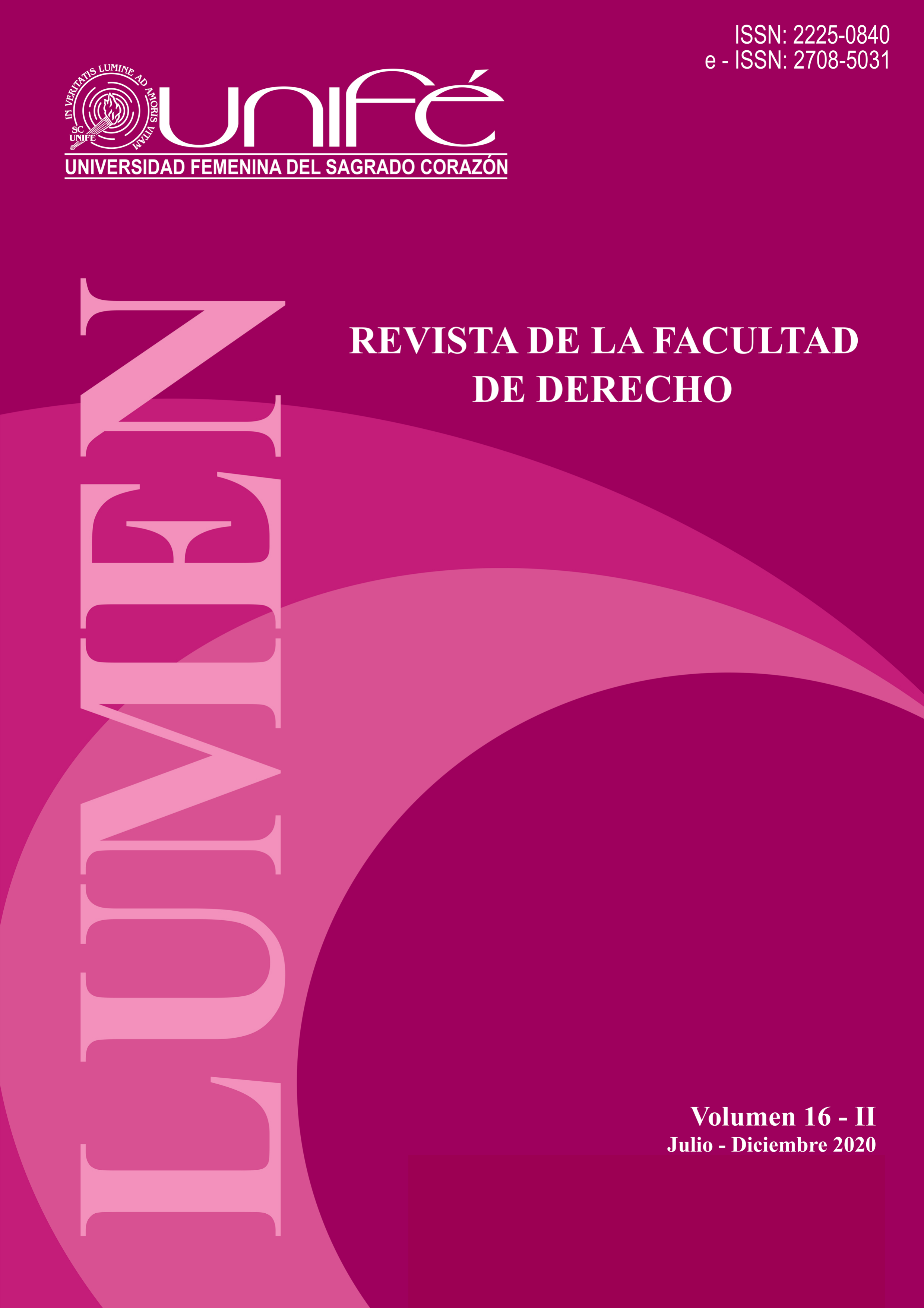What is and what is not subject to statute of limitations in the constitutional rules of the plurinational state of Bolivia. An analysis from the Human Rights framework
DOI:
https://doi.org/10.33539/lumen.2021.v17n2.2467Keywords:
Statute of limitations, human rights, legal security, retroactivityAbstract
International human rights treaties and conventions create parameters to determine what is and what is not subject to statute of limitations in domestic laws. The legal principle of statute of limitations is generally used in the protection of human rights, and not for the benefit of the States. The purpose of this paper is to present a substantive analysis and constructive criticism of what is not subject to statute of limitations, hence favoring the Bolivian State, such as cases of crimes of corruption and tax matters. These cases are not compatible with
international treaties and conventions on human rights.
Downloads
Published
How to Cite
Issue
Section
License
Copyright (c) 2021 Juan Beimar Paye Mendoza

This work is licensed under a Creative Commons Attribution-NonCommercial-NoDerivatives 4.0 International License.









